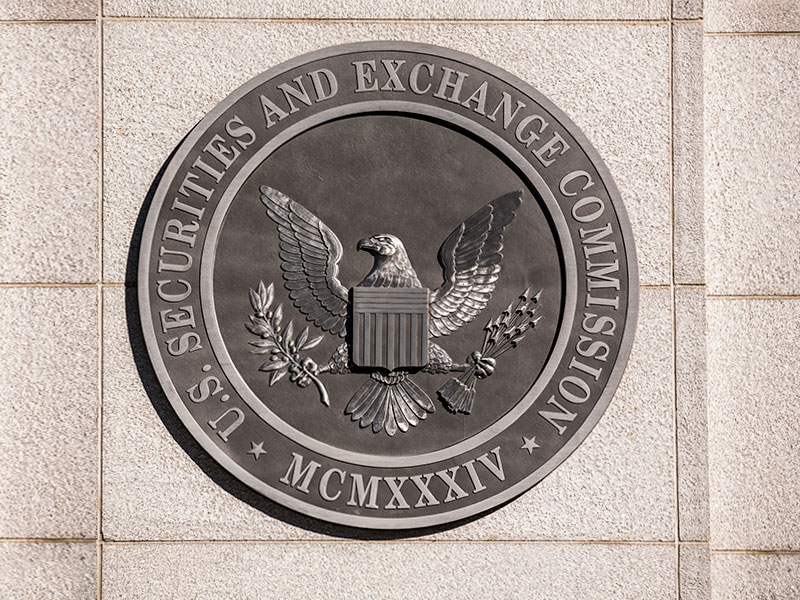
The head of a private investment fund firm has been charged with allegedly operating a long-running Ponzi scheme that caused investors over US$400 million in losses.
According to court filings, between 2017 and mid-2024, Darryl Heller and his companies — Prestige Investment Group, LLC and Paramount Management Group, LLC — raised over US$770 million from investors through 26 investment funds, purportedly to invest in ATMs that would pay monthly returns generated from transaction charges and related fees.
However, U.S. authorities allege that investors were misled about the size and profitability of the venture, and that investor returns were actually funded by assets from new investors, along with high-interest, short-term loans. Additionally, Heller is alleged to have misappropriated over US$185 million of investors’ funds for his own use.
When Paramount failed in December 2024, investors in the various funds lost approximately US$402 million, U.S. authorities allege.
“Heller allegedly exploited his connections to his community and deceived retail investors into thinking the ATM investments were safe and reliable, when in reality he used only a fraction of investor funds to buy ATMs and misappropriated $185 million,” said Scott Thompson, associate director of enforcement in the U.S. Securities and Exchange Commission’s (SEC) Philadelphia office, in a release.
Alongside the SEC’s complaint — which charges Heller, Prestige and Paramount with violations of the antifraud provisions of federal securities laws, and seeks disgorgement, civil penalties and other sanctions — Heller was also charged with one count of securities fraud and four counts of wire fraud in a parallel criminal action by the U.S. attorney’s office for the Eastern District of Pennsylvania.
The allegations have not been proven and Heller is presumed innocent of the criminal charges.